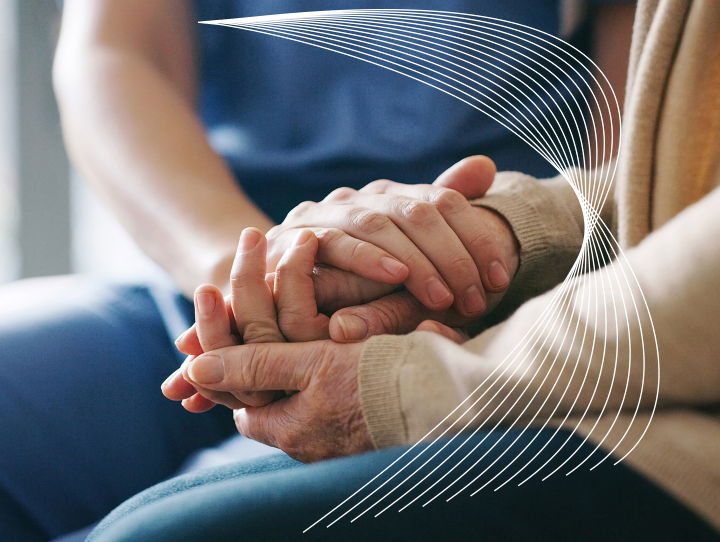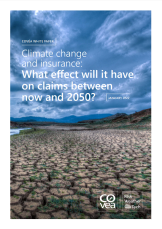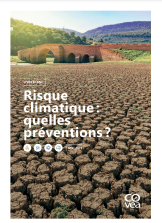Climate commitments
To help speed up the transition towards a more sustainable society, we are working daily on preventing climate change and raising awareness among our policyholders, and have chosen to take action to reduce our environmental impact.
Climate risk modelling
The annual cost of climate catastrophes has trebled in France since the late 1980s.
According to the study conducted for the Covéa white paper on climate risk modelling, flooding resulted in €21.6 billion of compensation being paid out between 1982 and 2020.
Meanwhile, drought cost the insurance market around €15.2 billion between 1989 and 2020.
This study – the only one of its kind on the market – also quantifies the expected development of damages relating to flooding, drought, hail and storms due to climate change between now and 2050.
This has been made possible thanks to climate change modelling and Covéa’s development of models of damages based on past claims and analysis of home insurance risk portfolios.
The results of the study are alarming: between now and 2050, flooding-related damages are expected to rise by 110% across mainland France as a whole, with a 70% increase in the frequency of episodes of drought and a 40% increase in hailstorms.
Adapting to the needs of each policyholder
To protect against climate change-related uncertainties, we develop dedicated solutions as set out in the Covéa white paper on preventing climate risk.
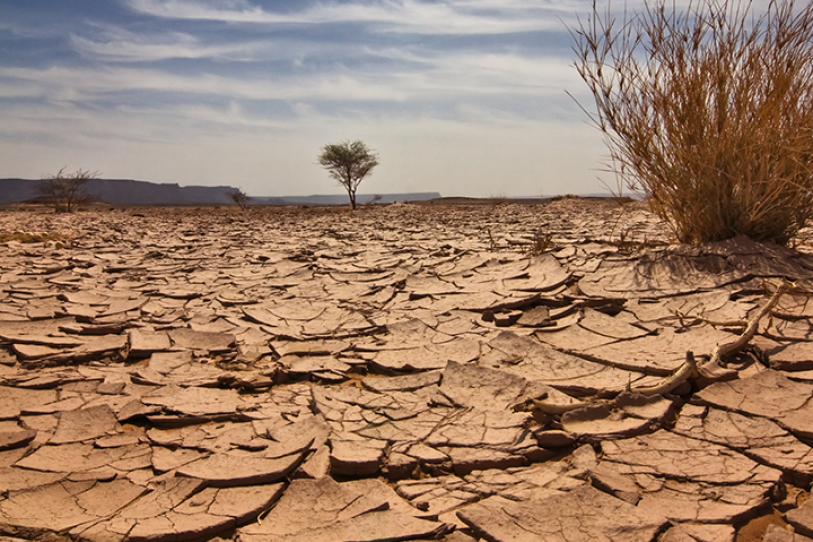
As regards drought and its corollary of shrink-swell of clay soil, our prevention policy is underpinned by two core priorities:
We set out standards for constructing more resilient buildings in connection with the Mission Risques Naturels reference framework.
We work on protecting homes that have been built.
We work with the French Centre for Studies and Expertise on Risk, Environment, Mobility and Urban Planning (CEREMA) on the research and development of solutions to adapt homes to drought and sink-swell.
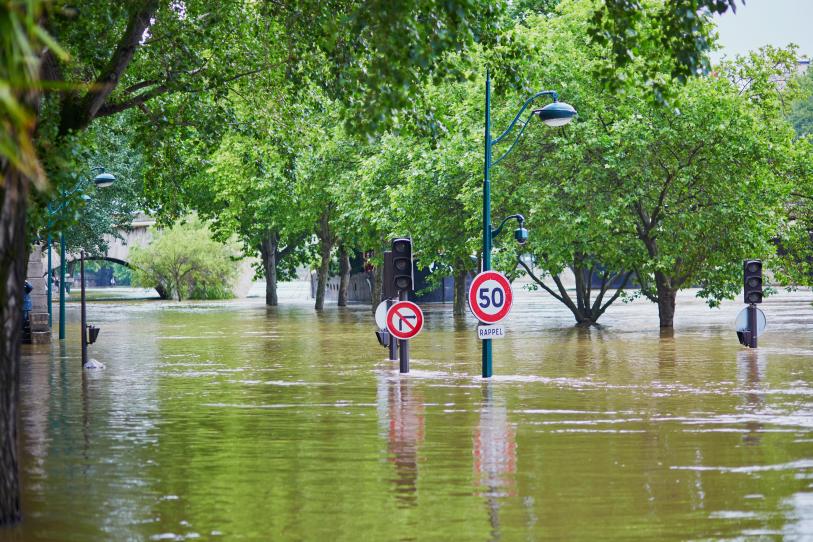
Flooding:
We contribute to the implementation of a number of public projects to prevent flood risk, in partnership with anti-flood protection systems specialist SEDIPEC.
We develop solutions to inform policyholders, such as sending SMS alerts and publications.

Hail:
We carry out modelling to measure exposure to hail risk, with an indicator for monitoring the severity of storms and their potential to cause hail 24 to 48 hours before the event.
For vehicles, we provide innovative repair and appraisal platforms as close as possible to where hailstorms occur.
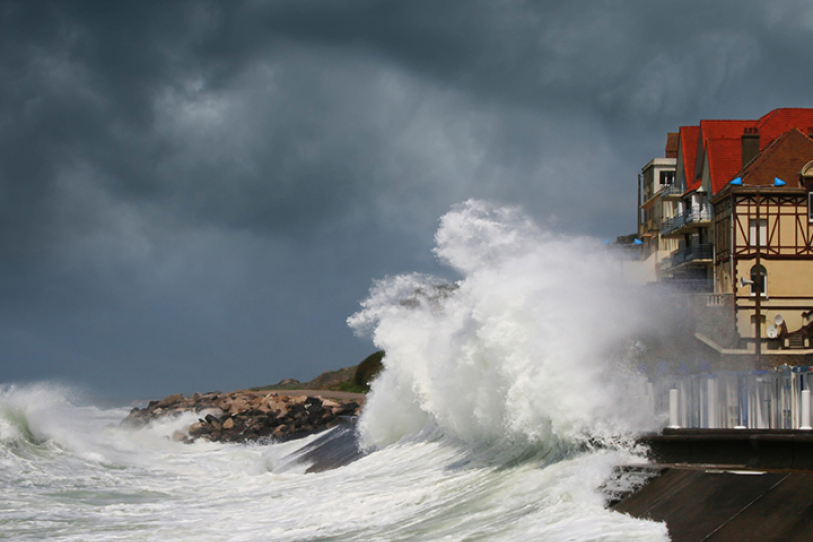
Storms:
In 2008, we developed our own proprietary forecasting tool, Conventéo Tempête.
Reducing our direct emissions
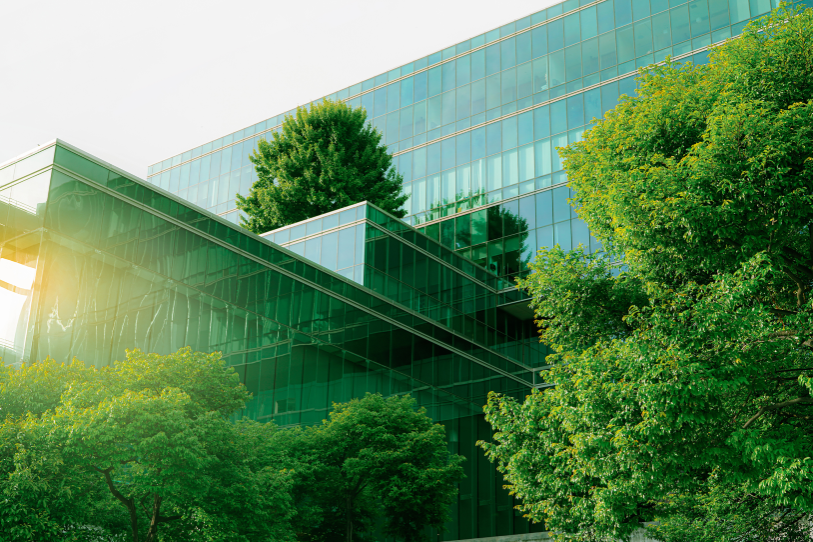
To make our contribution to the global target of achieving carbon neutrality by 2050, we need to rethink how we organise our work, travel less and in different ways, reduce our energy consumption, adapt our digital practices and optimise how we manage waste produced by our sites.
Having identified our sources of direct greenhouse gas emissions and set ambitious and cohesive targets for reducing our emissions, we have drawn up our pathway on the basis of the methodology proposed by Science Based Targets, an international initiative to help businesses adopt a strategy for cutting their emissions in the short, medium and long term.
This is our low carbon pathway, part of the Group’s strategic plan. It constitutes our compass for pursuing our action plan in the long term.
3%
Annual target for the reduction of our direct emissions from 2022 to 2024
41%
Target for the reduction of our direct emissions by 2034
78%
Target for the reduction of our direct emissions by 2050
Taking action on what we control
Our short, medium and long-term targets will be achieved by means of better control of emissions relating to the Group’s operations, in other words, direct greenhouse gas emissions from our day-to-day activities.
We are devoting considerable resources to addressing this shared challenge.
We can also count on the commitment of all our employees in implementing the many projects that make up our action plan, such as:
- Helping our employees to make the transition to working from home more.
- Introduction of the “sustainable mobility” scheme to encourage employees to use more environmentally friendly modes of transport between home and office.
- Gradual transformation of our company car fleets.
- Optimising workspaces and making the shift towards more flex office space in order to reduce the amount of space used.
- Installing photovoltaic panels at a number of our central sites.
- Reducing our waste and reusing certain types of waste, in particular building waste within the framework of our real estate projects.
- Setting up collection points at the Group’s central sites for unused IT equipment to be recycled.
- Encouraging people to moderate their consumption at our company restaurants.
Committed to more cautious use of energy
In addition to the steps taken within the framework of our low carbon pathway, we have implemented measures to reduce our energy consumption, applicable in the short term, relating to the heating and lighting of our operating sites, as well as everyday environmentally friendly practices.
In keeping with ADEME recommendations, the temperature will be set at 19°C in winter and air conditioning will come on once the temperature reaches 26°C in summer at Covéa’s various sites (central and regional sites, MAAF and GMF branches).
Signs and window displays at all our points of sale will be unlit between 9.00p.m. and 8.00a.m. Monday to Saturday, and all of Sunday. This measure also applies to lighting at our various central sites.
We create campaigns to encourage individuals to act in environmentally friendly ways in order to help our employees be involved in and responsible for making their workplace more energy efficient.
This energy efficiency plan should reduce our energy consumption by 10% between now and the end of 2024.
-
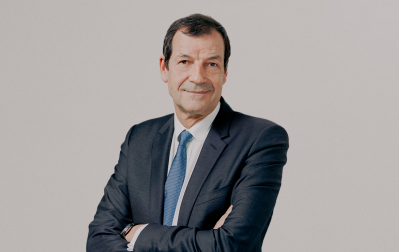
-
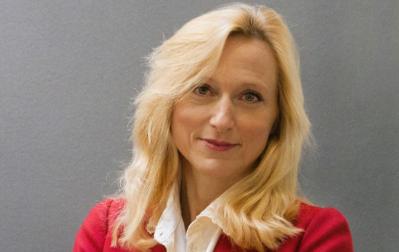
-

- Innovation
- Covéa
Covéa joins forces with EDF to offer home renovation and energy efficiency solutions for MAAF, MMA and GMF policyholders
04 March 2024
Our latest publications
All our publications-
Covéa press release - 2023 annual results - 12 April 2024 .pdf | 273.97 KB
-
Press release - PartnerRe Ltd. Reports Full Year 2023 Results - March 25, 2024 .pdf | 74.57 KB
-
Covéa press release - Maud Petit has been appointed Deputy Managing Director of Covéa group - February 15th 2024 .pdf | 157.41 KB
-
Covéa press release - Appointment - January 9th 2024 .pdf | 174.27 KB
